Living While Black, in a State of Hostility
Watching the assaulted riverboat captain react with violence, felt like a war cry.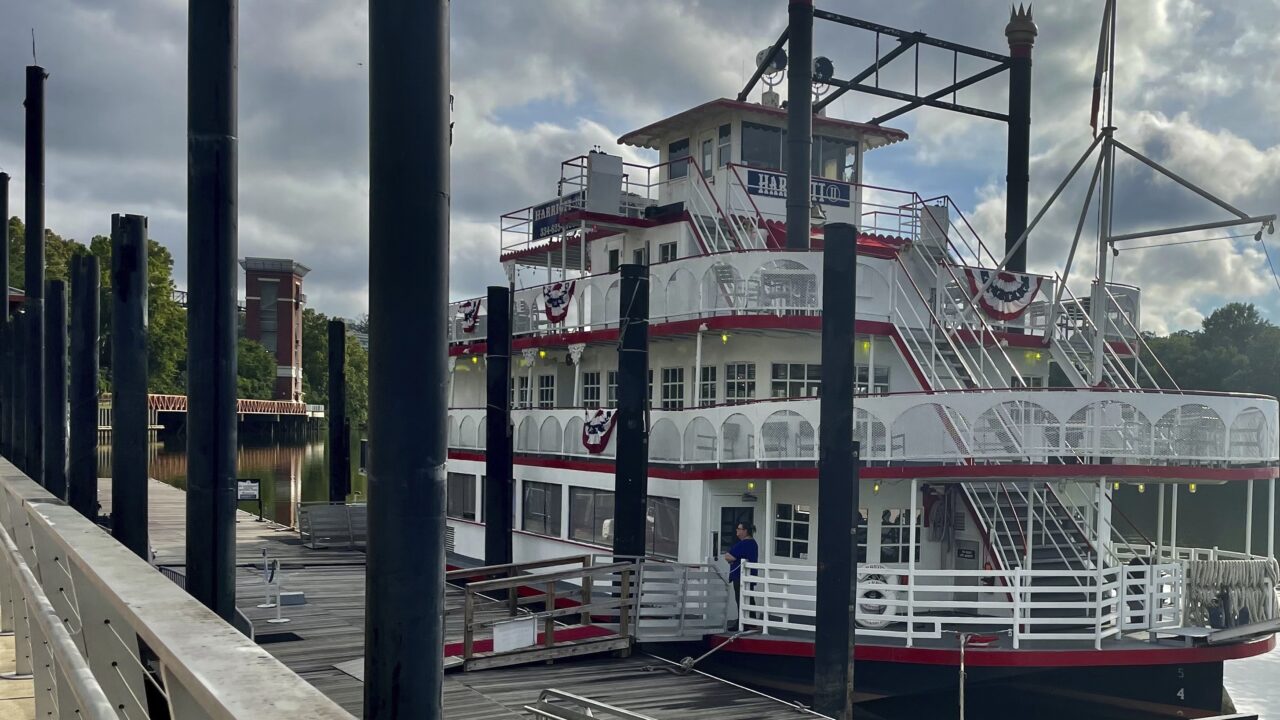 The Harriott II riverboat sits docked in Montgomery, Alabama. (AP Photo/Kim Chandler)
The Harriott II riverboat sits docked in Montgomery, Alabama. (AP Photo/Kim Chandler)
Damien Pickett was physically assaulted for telling white people where they couldn’t be along the Alabama River in Montgomery. The Harriot II co-captain informed Richard Roberts, Allen Todd and Zachary Shipman that their improperly docked pontoon was preventing the unloading of his riverboat’s passengers. Visiting from Selma, the three white men attacked the Black boat captain like it was 1965 on the Edmund Pettus Bridge.
According to the sworn statement of eyewitness Crystal Warren, one of the attackers yelled “Fuck that [n-word]” at Pickett — which is why Montgomery police chief Darryl Albert contacted the FBI to determine whether to file hate crime charges. (He did not.)
To think that race and hate and crime did not intersect in this incident is implausible. Ironically, it was a hate crime that occurred on a site formerly used as an unloading dock for enslaved people who were to be sold in a human chattel warehouse a few blocks away.
It’s open hunting season on Black people.
War on Black bodies.
And the white supremacist right is setting the rules of engagement.
War on Black bodies may sound like hyperbole until you consider Merriam-Webster’s second entry for “war”: a state of hostility, conflict or antagonism.
Many Black folk in my personal and professional circles often report experiencing a state of hostility. Based on anecdotal evidence and recent media accounts featuring the dangers of “Living While Black,” I would argue that many African Americans feel like they’re living in a state of hostility.
I’m one of them.
To think that race and hate and crime did not intersect in this incident is implausible.
During the Trump presidency and especially after his 2020 defeat, I began to experience a palpable rise in racially-tinged hostility directed at me in public. On my morning run. Attending concerts. Walking down the street. These incidents were further exacerbated following the rash of anti-Black legislation and anti-Black attitudes initiated by the right’s ongoing assault on Black history and Black life under the guise of anti-critical race theory efforts.
White supremacists are feeling themselves. And not just in the deep South.
Recently, I was about to enter a jazz club in New York when an older white man going into the same jazz club turned to me and said, “Fucking [n-word].” My aggressive verbal response almost ended in an aggressive physical response.
On a recent beach run in LA, I passed a trio of middle-aged white men loudly talking about reparations, and one said, “We shouldn’t give money to those fucking Blacks.” I also exchanged words with these men.
These are two examples of my experience with racial hostility.
I have others. And my stories are not unique.
The impact of this racial antagonism is complicated. It’s made me more on guard. Since emboldened white supremacists come in many forms, I can’t tell when I’m about to have a hostile encounter with a white person in public. As a result, it creates a feeling of heightened anxiety when I’m in predominantly white settings.
Then there are the hostile encounters themselves.
As a Black man, I am well aware that if I respond hostilely to these hostile acts and the police become involved, I will be likely viewed as the aggressor. So, at times, I have to let things go — or simply leave. When the white man who called me a [n-word] outside the jazz club fled inside, I decided to leave the scene and go home. As I walked through the streets of New York, I was frustrated with myself for allowing a white supremacist make me miss the jazz concert — and frustrated with myself for occasionally looking over my shoulder in fear. In times of war, the racial hostilities don’t end with the racial hostile act.
I would argue that many African Americans feel like they’re living in a state of hostility.
Historian Dexter Blackman said, “There is a war on Black people going on and we have to make decisions during this war. We have to decide how to handle the physical impact but also the mental health impact.” James Baldwin said to be Black in this country is “to be in a rage almost all of the time.” What do we do with the anger we can’t let go of, and how does it impact our mental health?
What do I do with my anger when I can’t let it go?
This is the thought that came to mind when I watched the video of Captain Pickett tossing his cap into the sky after the initial physical assault.
According to witnesses, Captain Pickett had been trying for 45 minutes to reason with the white boat owners to move their improperly parked pontoon. In his professional capacity as a riverboat captain, he had “let go” of the racist verbal insults as he tried to resolve the conflict. However, when the white men violently assaulted him, Captain Pickett tossed his cap skyward to signal that it was time to respond to a physical hostile act — with a physical hostile act.
It was time to go to war.
I wondered about Pickett’s calculations during the entire episode. Was the captain considering his job security when he let go of the racial insults? When Pickett was initially attacked, did he consider not retaliating for fear that the police would not take his side as a Black man? I wondered how often white men had called him the n-word and how many times he had let it go. I wondered if he eventually returned violence for violence because he calculated that not doing so would dangerously impact his mental health.
The assault on Captain Pickett touched a raw nerve for so many in the Black community because so many of us have had to make similar calculations living through this current racial war on Black people. Seeing Black people come to Captain Pickett’s aid also touched a raw nerve. During times of war, it’s encouraging to witness Black people having a Black person’s back.
Your support matters…Independent journalism is under threat and overshadowed by heavily funded mainstream media.
You can help level the playing field. Become a member.
Your tax-deductible contribution keeps us digging beneath the headlines to give you thought-provoking, investigative reporting and analysis that unearths what's really happening- without compromise.
Give today to support our courageous, independent journalists.
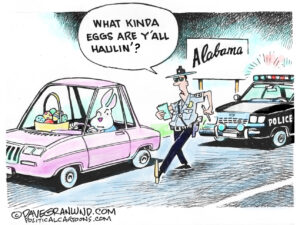
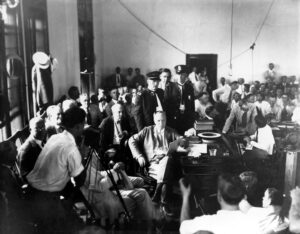
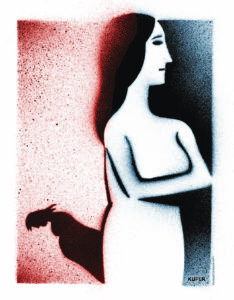
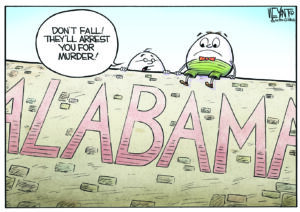
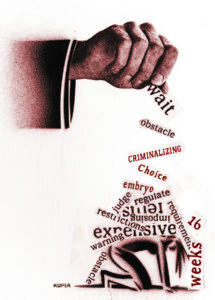

You need to be a supporter to comment.
There are currently no responses to this article.
Be the first to respond.